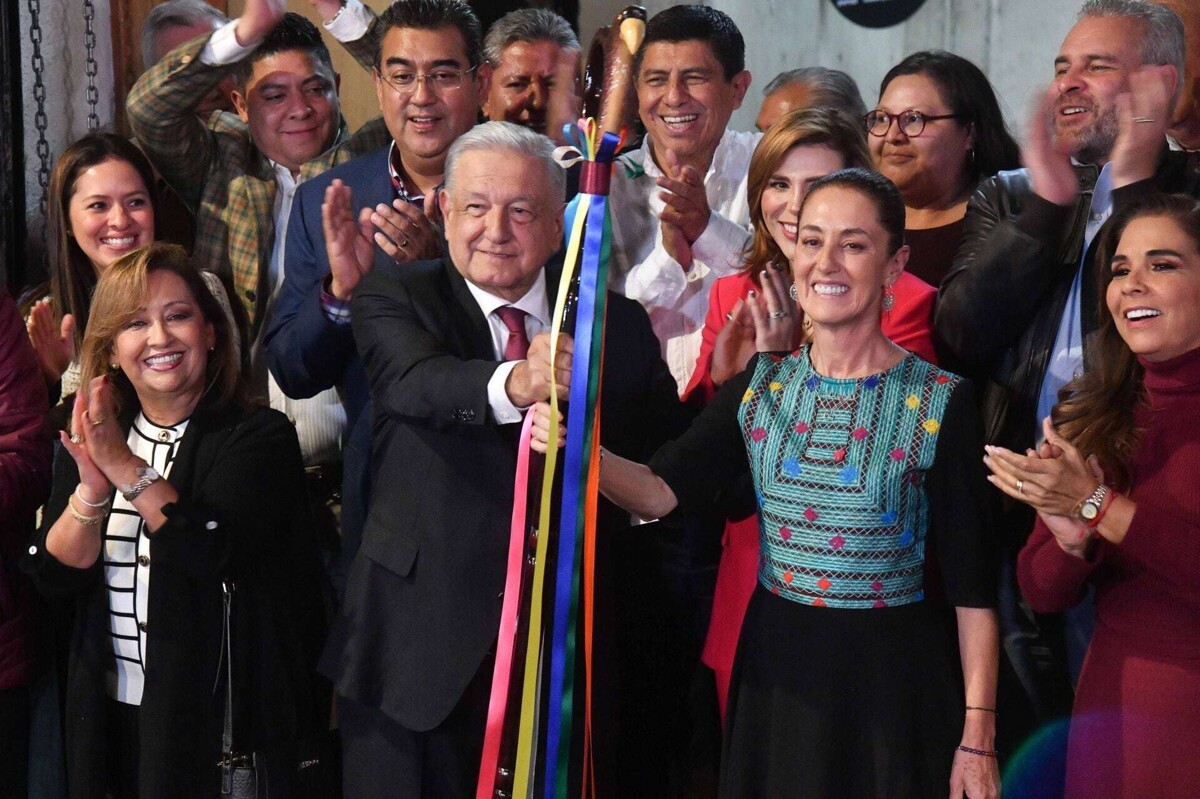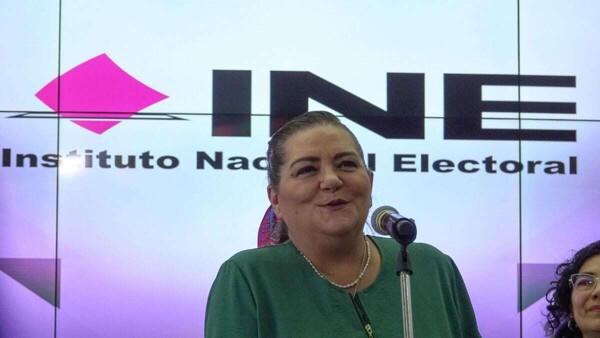
The reelection of Rosario Piedra as national ombudsperson turned out to be false and apocryphal, after the senators from Morena, PT, and Verde decided to vote in her favor, dismissing the nomination of Nashieli Ramírez, backed by President Claudia Sheinbaum and other evaluators.
During the election day, the senators from these parties rose to celebrate the birthday of Andrés Manuel López Obrador, chanting slogans in his honor and casting their votes for Piedra, despite her low rating among the finalists to lead the National Commission of Human Rights.
Piedra's inclusion among the final candidates was the result of instructions from Adán Augusto López, which led to courtesy justifications from Javier Corral, who nevertheless decided not to support the controversial candidate. The influence of López Obrador became evident through Senator Alejandro Esquer, who conveyed his directives during the session.
The humiliation to which Sheinbaum was subjected reveals the lack of effective power she wields as constitutional president, limited to following the directives of the former president and his political allies. Despite this, Sheinbaum maintained a passive role, downplaying her involvement in the election process.
Piedra's reelection raises questions about the independence and effectiveness of the National Commission of Human Rights, by keeping a figure who has been pointed out for her servile closeness to presidential power amid serious human rights violations in the country.
In this context, the political tensions and lack of autonomy in decision-making in crucial areas for institutional functioning come to light, calling into question the robustness of the rule of law and respect for democratic principles in Mexico.














